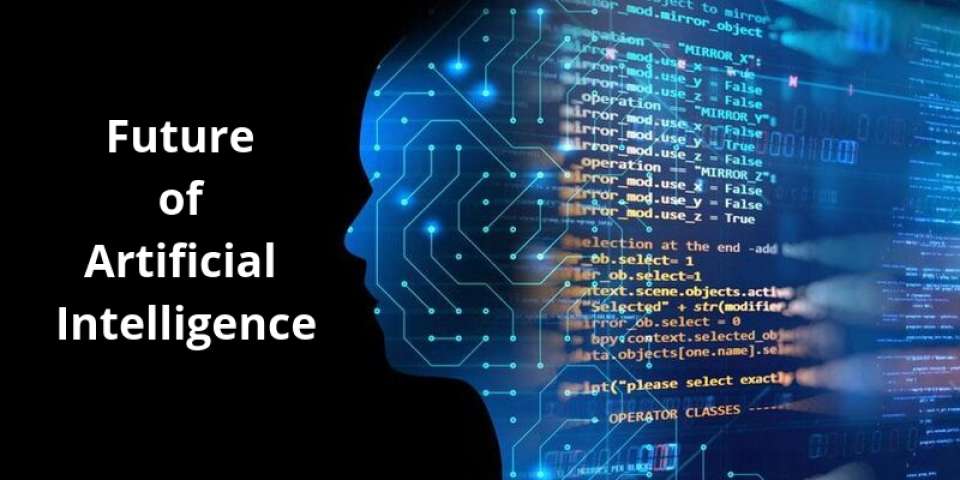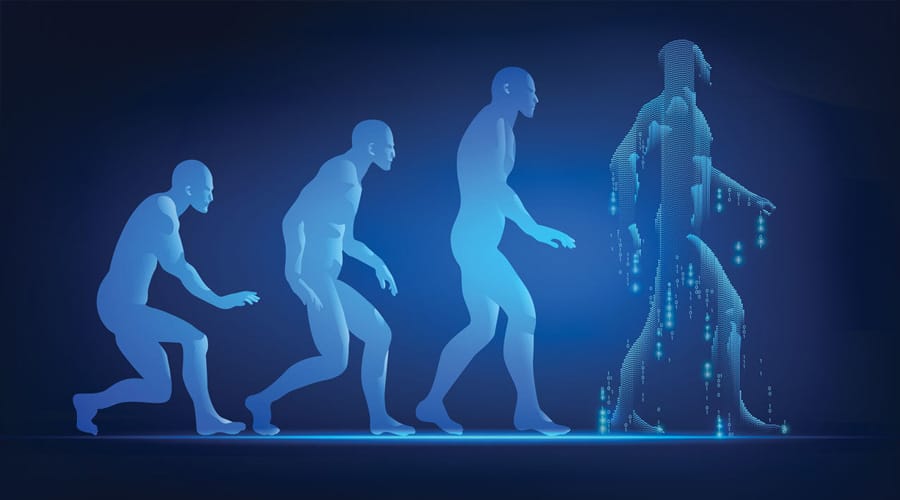Artificial intelligence (AI) has emerged as a transformative technology, impacting industries and societies across the globe. As AI continues to advance at a rapid pace, industry experts and thought leaders are actively engaged in discussions about its future implications. This article dives into the insights shared by industry experts, exploring their perspectives on the future of AI and the potential impact it may have on various sectors.

1. AI’s Role in Automation and Efficiency:
Many industry experts believe that AI will play a pivotal role in automation and driving efficiency across industries. From autonomous vehicles to smart manufacturing processes, AI-powered automation has the potential to revolutionize operations, improve productivity, and optimize resource utilization. Experts discuss the potential benefits of AI-driven automation and its impact on workforce dynamics and job roles.
2. Ethical Considerations and Responsible AI:
As AI becomes more pervasive, experts emphasize the importance of ethical considerations and responsible AI development. Discussions revolve around ensuring transparency, fairness, and accountability in AI algorithms, mitigating bias, and safeguarding against unintended consequences. Experts explore the need for robust regulations, ethical frameworks, and collaborative efforts to address ethical challenges and ensure the responsible deployment of AI technologies.
3. AI and Healthcare:
Industry experts highlight the transformative potential of AI in the healthcare sector. AI-powered diagnostic systems, predictive analytics, and personalized medicine can revolutionize patient care, improve diagnostics accuracy, and enable more effective treatments. Discussions revolve around the challenges and opportunities of AI adoption in healthcare, including privacy concerns, data security, and the need for human-AI collaboration in medical decision-making.
4. AI in Customer Experience and Personalization:
Experts discuss how AI can enhance customer experiences by enabling personalized interactions, predictive analytics, and recommendation systems. AI-powered chatbots, virtual assistants, and sentiment analysis tools are expected to revolutionize customer service and engagement. Discussions delve into the importance of striking the right balance between automation and human touch to deliver exceptional personalized experiences.
5. AI’s Impact on Workforce and Skills:
The future of work in an AI-driven world is a key area of discussion among industry experts. They explore the potential impact of AI on job roles, workforce composition, and the need for upskilling and reskilling to adapt to AI-driven environments. Experts debate the balance between job displacement and job creation, highlighting the importance of lifelong learning and building skills that complement AI technologies.
6. AI and Data Privacy:
Experts recognize the critical importance of data privacy in an AI-driven world. Discussions revolve around the challenges of balancing data utilization for AI advancements with preserving individual privacy rights. Experts explore privacy-preserving AI techniques, data anonymization, and the role of regulations in ensuring data privacy while harnessing the power of AI.
7. AI and Societal Impact:
Industry experts contemplate the broader societal impact of AI, including economic, cultural, and ethical dimensions. Discussions revolve around topics such as AI’s influence on economic inequality, social biases, and the potential for AI to bridge societal divides. Experts emphasize the need for inclusive AI development, diversity in AI research, and efforts to ensure that AI benefits all segments of society.

Conclusion:
The future of artificial intelligence is a subject of intense discussion among industry experts. Their insights shed light on the potential of AI to drive automation, transform industries, and enhance human experiences. While discussions cover a wide range of topics, including ethics, healthcare, customer experience, workforce impact, data privacy, and societal considerations, there is a shared consensus that responsible AI development is crucial. As AI continues to evolve, ongoing dialogues and collaborative efforts will shape its future trajectory, ensuring that it aligns with ethical principles, benefits humanity, and addresses societal challenges.